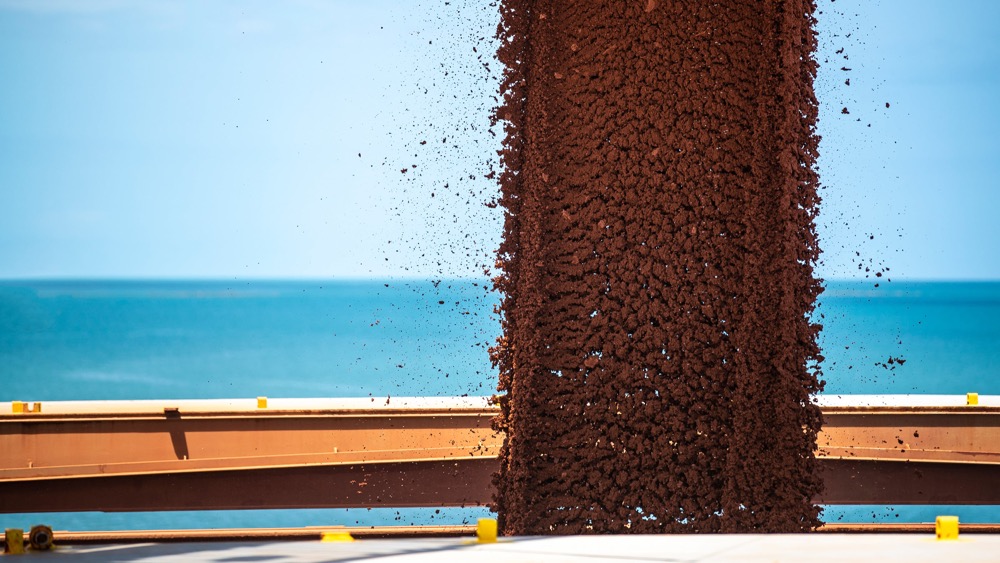Column: Iron ore prices lack conviction despite China stimulus moves

The balance of risks for iron ore prices are tilted to the downside despite top buyer China’s most recent steps to boost its struggling property sector.
A series of stimulus measures announced earlier this month will see up to 1 trillion yuan ($138 billion) in new property funding, an easing of mortgage rules and allowing local governments to buy some apartments in order to clear overhangs.
The spot price of iron ore was initially boosted by the policy support for housing, with Singapore-traded futures gaining nearly 2% to reach a two-week high of $119.20 a metric ton in the three trading sessions after the May 17 announcement.
But the contract has since meandered and ended at $118.04 a ton on Monday.
The issue for the market is how quickly does the extra support for the property sector translate into higher steel demand, and thus demand for iron ore, the key raw material.
The concern is that even if the new measures are successful in reviving a sector that at one stage accounted for a quarter of China’s gross domestic product, it will take at least several months, and likely far longer, for new construction to meaningfully boost steel demand.
This means demand for iron ore in China, which buys almost 75% of global seaborne volumes, will stay largely dependent on other sectors, such as manufacturing and infrastructure.
Here the news is mixed, with some parts of the world’s second-biggest economy performing well, and others continuing to struggle.
Industrial profits returned to growth in April, rising 4.0% after declining 3.5% in March, leaving them 4.3% higher over the first four months of 2024 compared to the same period a year earlier.
The rising profits came as industrial output grew 6.7% year-on-year in April, largely as a result of strong exports.
However, retail sales remained soft, gaining just 2.3% in April, the lowest since December, while credit growth fell more than expected to 730 billion yuan in April, down from 3.09 trillion yuan in March.

Fundamentals ease
The uncertain economic signals mean that iron ore is likely to take more direction from fundamentals, and the picture is far from bullish.
China’s imports of iron ore are likely to be steady in May from April, with commodity analysts Kpler estimating arrivals of 101.48 million tons, compared to the official figure of 101.82 million for April.
However, within that largely steady volume there are some bearish signals, with iron ore inventories at Chinese ports rising, with consultants SteelHome saying they reached 144.65 million tons in the week to May 24.
This was up from 144.50 million the previous week and close to the two-year high of 145.15 million reached in the week to May 10.
It’s worth noting that the usual seasonal pattern for iron ore stockpiles is that they decline in the second quarter as steel mills normally ramp up output ahead of the peak summer construction period.
But steel production has been soft, with crude steel output dropping to 85.94 million tons in April, down 2.6% from march and 7.2% from April 2023.
For the first four months of the year China produced 343.67 million tons of steel, down 3% from the same period in 2023.
It’s likely that May will see a recovery in steel production as mills ramp up output in the expectation of stronger summer demand, but whether this will be enough to spark renewed optimism in iron ore remains in doubt.
(The opinions expressed here are those of the author, Clyde Russell, a columnist for Reuters.)
(Editing by Kim Coghill)
{{ commodity.name }}
{{ post.title }}
{{ post.date }}




Comments